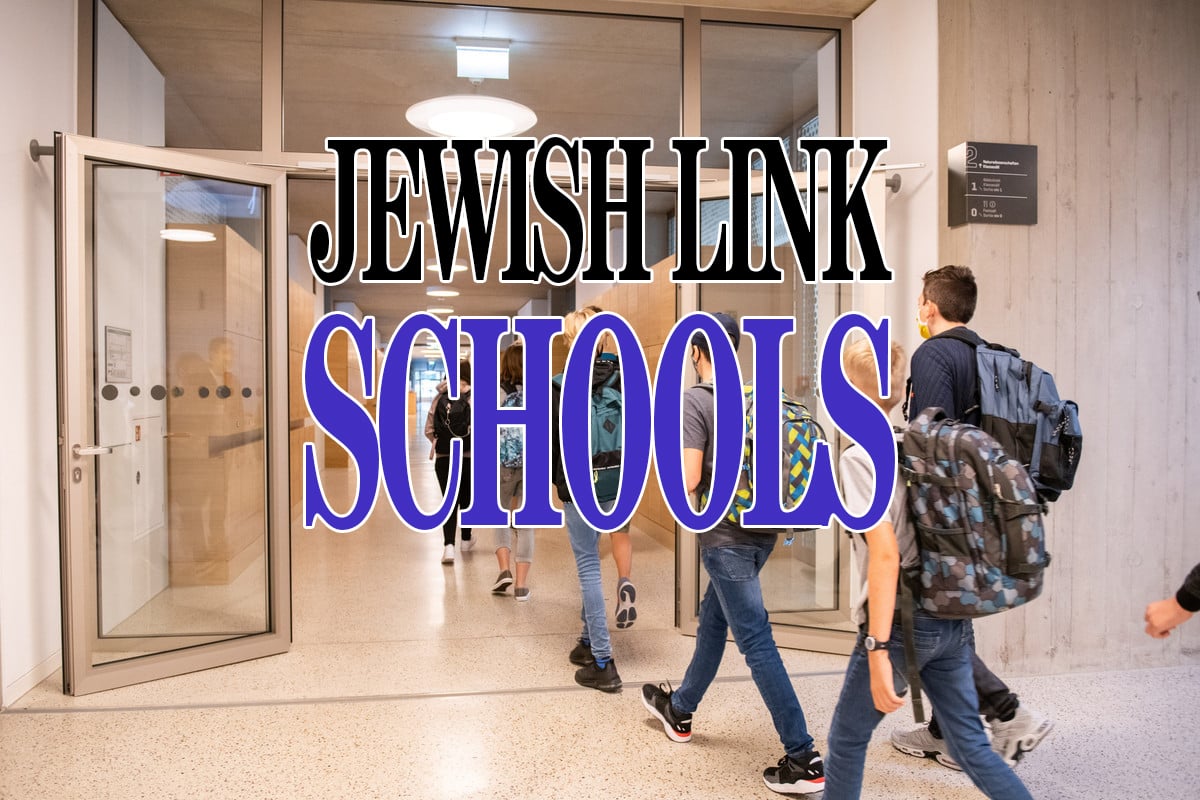Paramus—The students at the Frisch School recently hosted its first annual Science Research and Engineering Symposium night, an event dedicated to showcasing some of the phenomenal projects Frisch students have created and researched in the school’s engineering and biology research classes. These classes, taught by Mrs. Rifkie Silverman and Dr. Mindy Furman, respectively, allow students to explore the sciences and math in a way that is not available in most schools. Parents of students, as well as alumni and community members, came to see the amazing things that the students were showcasing in a cafeteria transformed with all of the projects that the students had created.
Engineering is a two-year course offered to freshmen and sophomores in which they learn basic engineering skills and create projects that display their talents. The course taught a basic understanding of how circuits work and included a detailed unit on how to code an Arduino, an open-source electronic prototyping platform based on flexible and easy-to-use software. The students in the class were thus able to gain the basic skills needed to create their own distinct projects that can benefit society. Some of the highlights included a robotic hand that could be used to assist doctors in surgery, a lie detector that used many sensors to determine whether one was telling the truth, and a closet organizer to benefit the color-blind. These projects, as well as several more, were a culmination of what the students had learned in their class. They utilized their new knowledge in order to apply it to a current societal issue and create a solution, which led to many creative and impressive inventions.
The other displays were those created as a product of the biology research class. Working collaboratively with the Waksman program at Rutgers, this class allows each student to individually study a specific gene from a unique plant known as duckweed. Students spend time in the lab picking individual genes from a CDNA library, and amplifying that DNA using a process called PCR (polymerase chain reaction) in order to then estimate the size of the inserts. Once determined, that information was sent to Rutgers and sequenced. Each student had the opportunity to study multiple proteins and gain an understanding of how each protein works. This gave each student a deeper understanding of how these proteins impact the way duckweed behaves in the environment. The students gained a fuller understanding of the impact of each protein on an organism, and the project exposed them to scientific subjects they had not previously seen.
Both of these classes give students real-life skills that are easily helping to shape their capabilities and are sure to impact their interests in life. The hands-on environment allows each student to learn by doing and everyone gains so much out of his/her work. Overall, the night was successful in showing the incredible engineering and biological accomplishments of the students, while at the same time inspiring them to continue their studies in these fields of innovation.
By Debra Paul and Shira Levie










